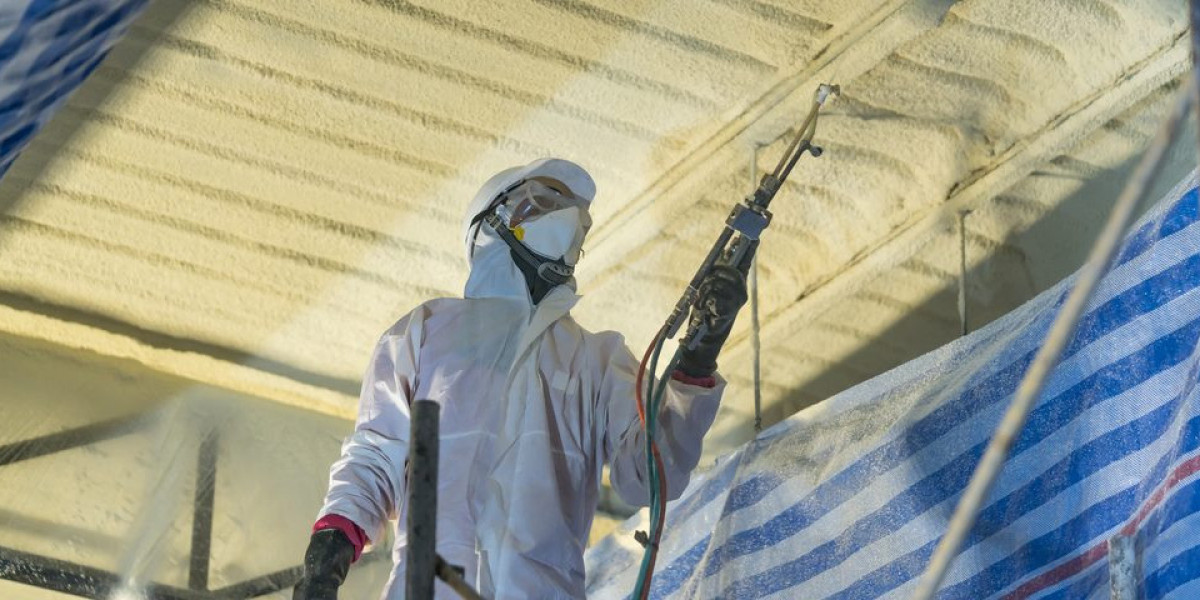When it comes to commercial insulation, businesses must navigate a landscape of unique requirements and considerations specific to their industry. Understanding the importance of insulation in various commercial settings is essential for ensuring energy efficiency, comfort, and compliance with regulations. This article will delve into the key considerations for commercial insulation across different industries, guiding business owners toward informed decisions that benefit their operations.
Understanding Commercial Insulation
What is Commercial Insulation?
Commercial insulation refers to the materials and methods used to reduce heat transfer in commercial buildings. This insulation can be found in walls, roofs, floors, and mechanical systems. Its primary purposes are to enhance energy efficiency, maintain comfortable indoor environments, and comply with local building codes.
Why Insulation Matters
Proper insulation is crucial in reducing energy costs and maintaining optimal working conditions. Insulation prevents energy loss, leading to lower utility bills and reduced environmental impact. Moreover, it plays a significant role in soundproofing, fire safety, and moisture control—factors that are vital in many industries.
Key Considerations for Different Industries
1. Healthcare Facilities
In healthcare, insulation is vital for maintaining strict temperature and humidity controls. Hospitals and clinics require specialized insulation materials that comply with health regulations. Additionally, sound insulation is important in patient rooms to ensure privacy and comfort.
Energy Efficiency: Effective insulation can help healthcare facilities maintain optimal temperatures, reducing strain on HVAC systems and lowering energy costs.
Material Selection: Use insulation that is resistant to mold and bacteria, as these factors can severely impact patient health.
2. Food Processing
Food processing facilities must adhere to stringent cleanliness and safety regulations. Insulation in these settings needs to withstand high humidity levels and temperature fluctuations.
Temperature Control: Insulation helps maintain stable temperatures in storage areas, ensuring food safety and reducing spoilage.
Moisture Resistance: Choose insulation materials that resist moisture to prevent the growth of mold and bacteria.
3. Manufacturing
Manufacturing facilities often require insulation for large spaces where temperature control is essential for production processes. Insulation can enhance worker comfort and improve machinery efficiency.
Thermal Management: Proper insulation helps maintain consistent temperatures, which is crucial for processes sensitive to heat changes.
Noise Reduction: Insulation can minimize noise pollution from machinery, creating a safer and more pleasant working environment.
4. Retail Spaces
In retail, creating a comfortable shopping environment is key to attracting customers. Insulation plays a crucial role in managing indoor climates and reducing energy costs.
Energy Efficiency: Insulated spaces can maintain consistent temperatures, leading to lower energy bills and increased customer satisfaction.
Aesthetics: Insulation solutions can be integrated into the design of retail spaces to ensure both comfort and visual appeal.
5. Educational Institutions
Schools and universities benefit from insulation that promotes energy efficiency and sound control. Classrooms need to be quiet and comfortable for optimal learning conditions.
Sound Insulation: Reducing noise from adjacent classrooms and hallways is essential for maintaining focus.
Energy Savings: Proper insulation reduces heating and cooling costs, allowing institutions to allocate resources to educational programs.
Choosing the Right Insulation Material
Types of Insulation
When selecting insulation for commercial applications, it’s essential to consider the following materials:
Fiberglass Insulation: A cost-effective option widely used in commercial buildings. It is known for its thermal performance and soundproofing qualities.
Spray Foam Insulation: Offers superior air sealing and insulation, ideal for irregularly shaped spaces. Its expanding properties help eliminate air leaks, making it an energy-efficient choice.
Compliance and Regulations
Importance of Compliance
Compliance with local building codes and regulations is crucial for commercial insulation projects. Each industry has specific standards that must be met, ensuring safety and efficiency.
Local Codes in Pensacola, Florida
Businesses in Pensacola must adhere to Florida's building codes, which dictate insulation requirements based on climate and building type. Understanding these codes is essential for successful insulation projects.
Frequently Asked Questions (FAQs)
1. Why is insulation important for commercial buildings?
Insulation is crucial for energy efficiency, temperature control, and soundproofing in commercial spaces, contributing to lower energy costs and improved comfort.
2. What types of insulation are best for my business?
The best insulation types depend on your industry. For example, spray foam is excellent for energy efficiency, while fiberglass is a versatile option for various applications.
3. How do I ensure compliance with local building codes?
Working with experienced insulation professionals can help you navigate local regulations and ensure that your insulation meets all necessary standards.
4. Can insulation help reduce noise in my facility?
Yes, certain insulation materials are specifically designed to minimize sound transmission, creating a quieter and more comfortable working environment.
5. What are the energy efficiency benefits of proper insulation?
Effective insulation reduces energy consumption, leading to lower utility bills and a reduced environmental footprint for your business.
Conclusion
In conclusion, commercial insulation is a critical factor for various industries, each with unique needs and regulatory requirements. By understanding the key considerations specific to their sector, business owners can make informed decisions about insulation solutions. If you’re ready to enhance your commercial space with effective insulation, contact Prestige Insulation Solutions LLC at (850) 429-4969. They can provide tailored solutions to meet the specific needs of businesses in Pensacola, Milton, Pace, Navarre, Crestview, Gulf Breeze, and Foley, Alabama.








